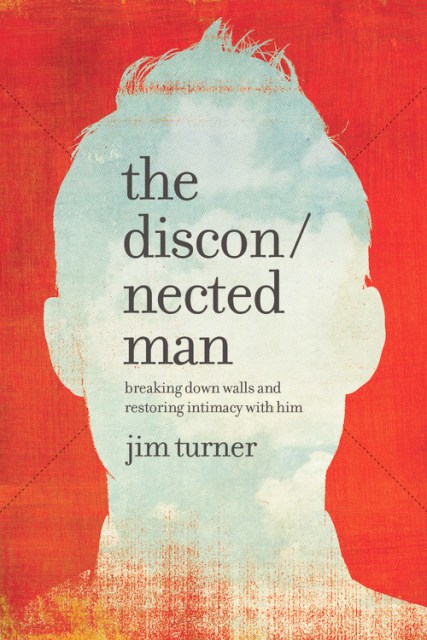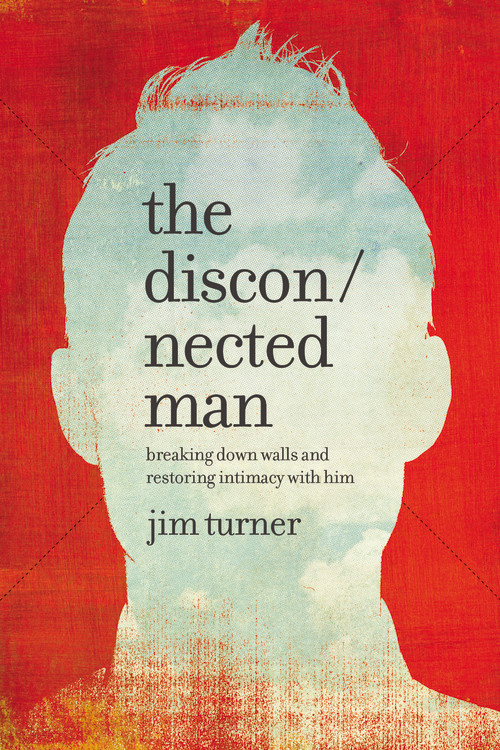By clicking “Accept,” you agree to the use of cookies and similar technologies on your device as set forth in our Cookie Policy and our Privacy Policy. Please note that certain cookies are essential for this website to function properly and do not require user consent to be deployed.
The Disconnected Man
Breaking Down Walls and Restoring Intimacy with Him
Contributors
By Jim Turner
Formats and Prices
- On Sale
- Dec 12, 2017
- Page Count
- 160 pages
- Publisher
- FaithWords
- ISBN-13
- 9781478975649
Price
$20.00Price
$26.00 CADFormat
Format:
- Hardcover $20.00 $26.00 CAD
- ebook $12.99 $16.99 CAD
This item is a preorder. Your payment method will be charged immediately, and the product is expected to ship on or around December 12, 2017. This date is subject to change due to shipping delays beyond our control.
Buy from Other Retailers:
Disconnected men hide out in plain view: in our churches, in our families and in our communities. They are competent, capable men who quietly ‘do their duty’ and attract little attention. They are fairly happy guys, relatively unemotional and capable of carrying heavy loads of responsibility, but are very difficult to get to know beyond superficial friendship. A closer examination inside their marriages reveals a desert strewn with emotionally emaciated spouses. While their competence may build the church, organize a group, or run a company, they haven’t the slightest notion how to connect intimately with those they love. Their wives suffer, usually in silence, while the church and culture press past this couple secretly falling apart.
Jim Turner was that disconnected man going about his life, happily fulfilling his duty within his own self-protective bubble, until God suddenly burst it in a most horrific way. His story starts when that devastation left him clinging precariously to the remaining shreds of his broken marriage. Jim longs to share with other disconnected men what he learned through that ordeal, to help them understand their disobedience and show how they can achieve real connection with those they love.
Newsletter Signup
By clicking ‘Sign Up,’ I acknowledge that I have read and agree to Hachette Book Group’s Privacy Policy and Terms of Use







